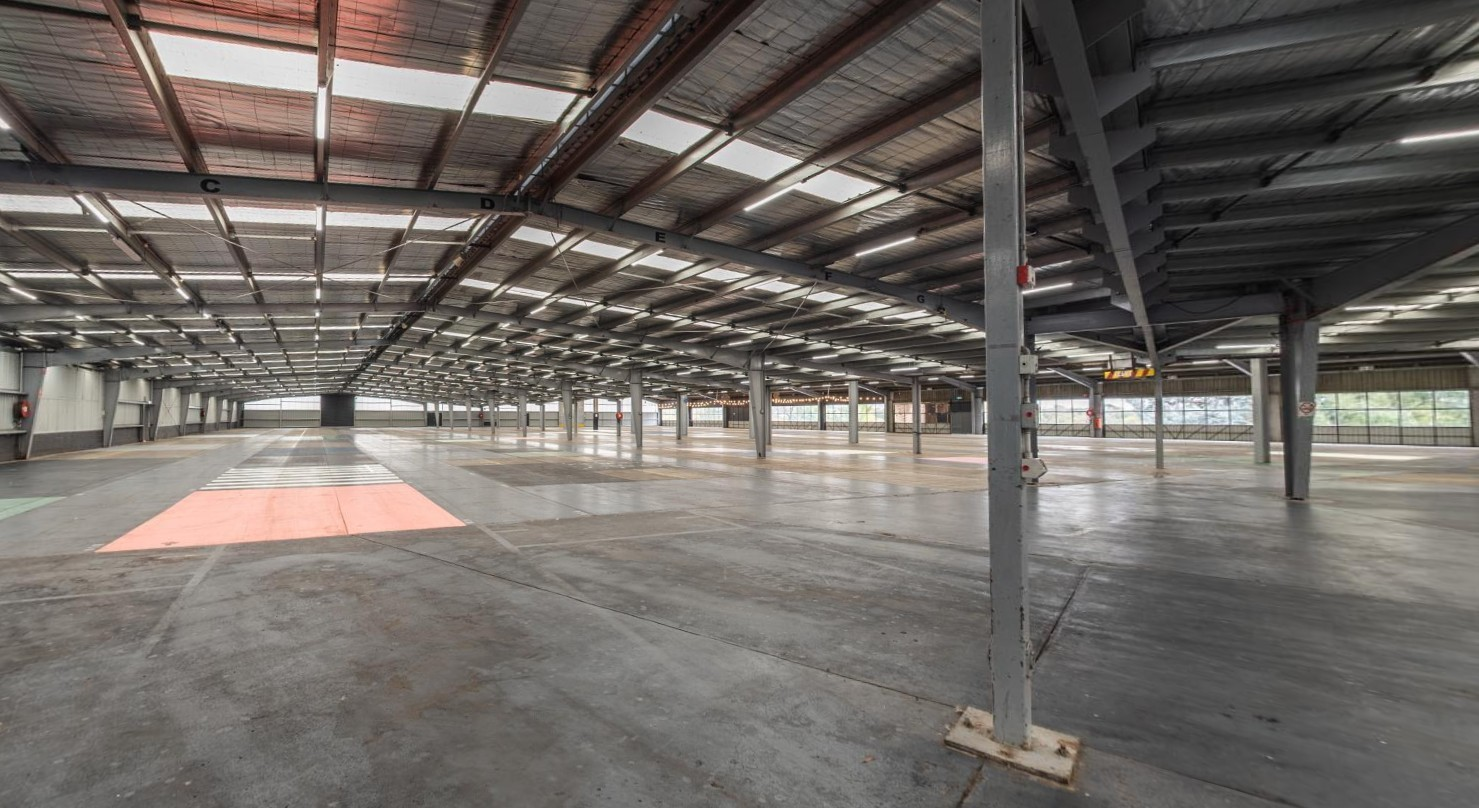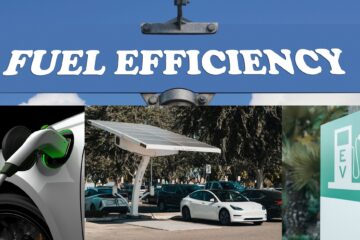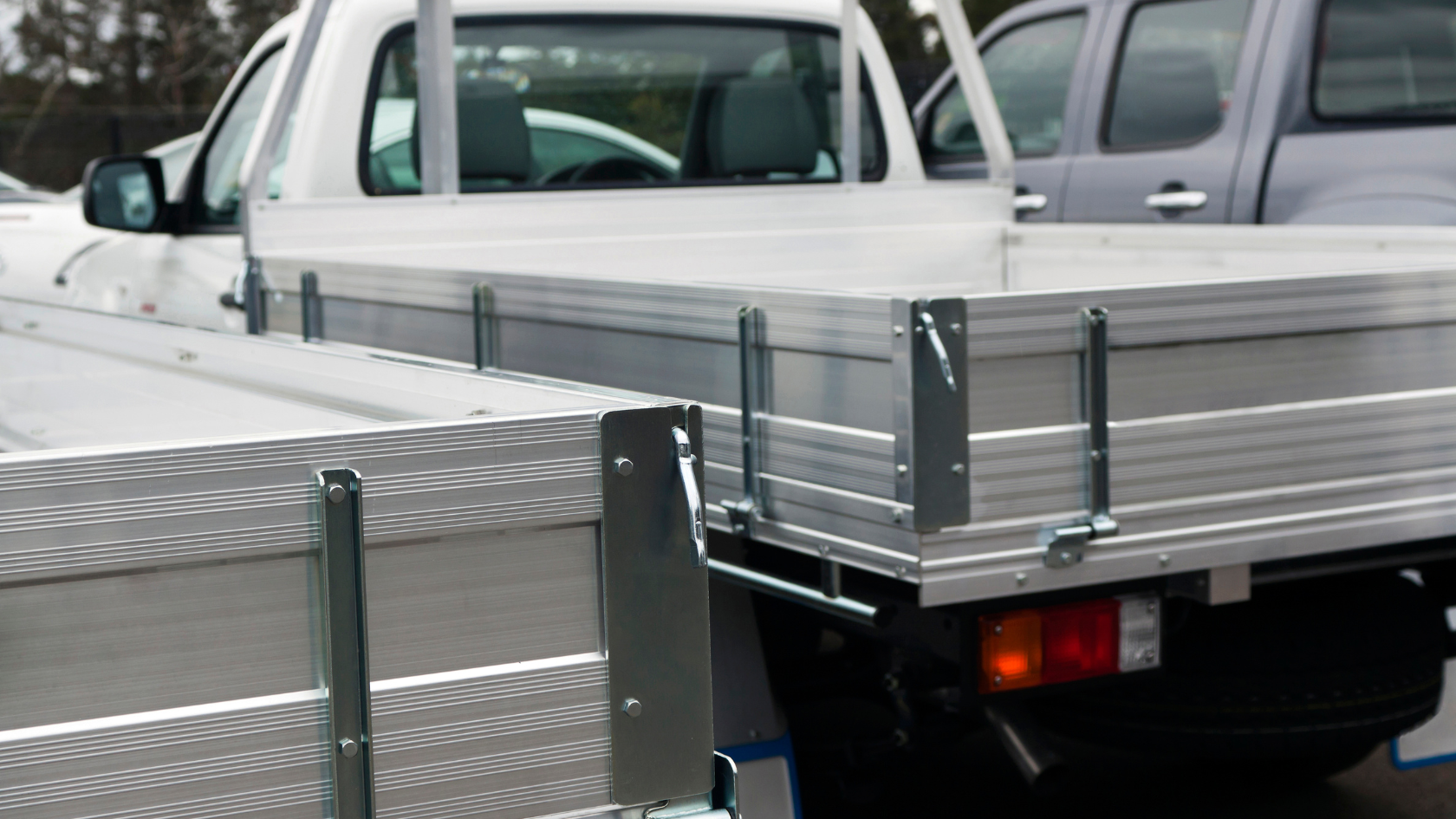While some progress is being made towards the 2050 net-zero emissions targets locally and internationally, it appears that emissions from the transportation sector have either stalled or are continuing to grow – largely driven by recovery in aviation and road travel. The Climate Change Authority confirms that rebound in transport activity post‑COVID is a primary driver of overall emissions growth in 2022–23.
Without additional systemic changes – for example, encouraging modal shift to public and active transport sectors – adoption of EVs and efficiency standards alone may not reverse the upward trend, especially given SUV and utility preferences that consume more fuel per kilometre.
The transport sector accounted for about 21% of Australia’s national emissions in 2023, with road transport comprising around 83% of that total. Since 2005, transport emissions have risen by about 19%. Current data, both globally and in Australia, show transport emissions are not yet declining and have either stalled or continued to grow. The transport sector remains a critical obstacle to achieving both national and international emissions reduction targets, unless further policy action and systemic change occur.
Planning an Electric Vehicle Event
Ravim RBC is responding to the needs of the local government sector by staging an EV event specifically designed for council operational fleets. As we were planning the event to meet the needs and challenges of Victorian councils, we invited them to complete a short survey. We received 22 responses to the survey (14 metro councils and 8 regional/rural councils).
In our survey, we sought to understand the councils’ current exposure to low/zero emission fleet and purchasing intentions. We found that:
- Most councils (81% of respondents) currently have a mix of hybrids and BEVs.
- 82% of respondents have hybrids (not plug-in), while only 45% have plug-in hybrids (PHEVs).
- Most councils (91% of respondents) have one or more BEVs.
- Most councils (82% of respondents) will be purchasing BEVs and/or PHEVs in the next 1-2 years.
Based on purchasing intention responses from 22 councils, we extrapolated the results and found the following for the Victorian local government sector:
| EV Fleet Size (Vehicles) | With BEVs (survey sample) | With PHEVs (survey sample) | With BEVs (Vic-wide estimate) | With PHEVs (Vic-wide estimate) |
| Up to 10 | 14 | 13 | 50 | 47 |
| 10–20 | 3 | 4 | 11 | 14 |
| 20–30 | 2 | 0 | 7 | 0 |
| 30–40 | 1 | 0 | 4 | 0 |
| 40–50 | 0 | 0 | 0 | 0 |
| Total Councils | 20 | 17 | 72 | 61 |
In exploring the purchasing intentions, we found that most councils are still in the cautious, small-adoption phase for both BEVs and PHEVs. Two-thirds of the forecast volume is for small purchases (≤10 vehicles per council).
| Vehicle Type | Forecast Units | Avg Cost per Unit | Total Value (AUD) |
| BEVs | 730 | $70,000 | $51.1 million |
| PHEVs | 445 | $65,000 | $28.9 million |
| Total | 1,175 | — | $80.0 million |
Based on current purchasing intentions, some 730 BEVs and 445 PHEVs could be purchased by Victorian councils in the coming 24 months. The value of these BEV/PHEV purchases could be in the order of $80 million.
BEVs account for ~62% of the total forecast, with PHEVs the remaining ~38%. While BEVs are gaining preference, PHEVs remain important where electric utility options aren’t yet viable.
Transition Plans
According to recent findings from the OC&C’s Report on Electrifying Australia’s Fleets: Closing the “Say-Do” Gap, commercial fleets account for 48% of vehicle sales and contribute approximately 15-20% of Australia’s total net emissions. Electric vehicles make up less than 5% of fleet purchases and represent less than 1% of corporate fleets, despite 20% of ASX200 companies adopting EV transition plans.
Our own recent survey of Victorian councils shows that while most councils have adopted net-zero emissions targets, only 45% of council respondents have a transition plan that commits to transitioning fleet to electric vehicles.
More needs to be done to support and assist councils with development and implementation of Net-Zero Fleet Transition Plans.
Electric Vehicle Event
Ravim RBC is organising the EV Fleet Expo for Local Government to be held on Wednesday, 19 November 2025 at Event Central at Caribbean Park, Scoresby.
This one-day event is designed specifically for fleet managers, sustainability professionals and operational staff responsible for service delivery across local government and water sectors. The EV Fleet Expo will showcase the latest developments in BEVs and PHEVs, with a strong focus on operational fleet applications.
Participants will have the opportunity to:
- View and test drive BEV passenger vehicles (pool cars under $50,000)
- Explore a range of electric utilities, vans, and small trucks
- Engage in a professional development program highlighting best practices from councils and water authorities
- Learn from experts about topics including:
- EV battery health and charging infrastructure
- Maintenance requirements for BEVs
- Whole-of-life cost analysis and residual value
- EV leasing and financing options (program still to be finalised).
The EV Fleet Expo aims to support councils transition to a low/zero-emissions fleet and help realise emissions-reduction targets through practical insights.




0 Comments